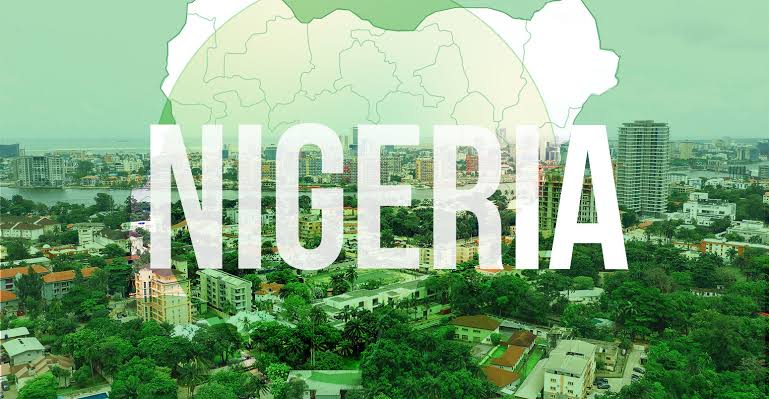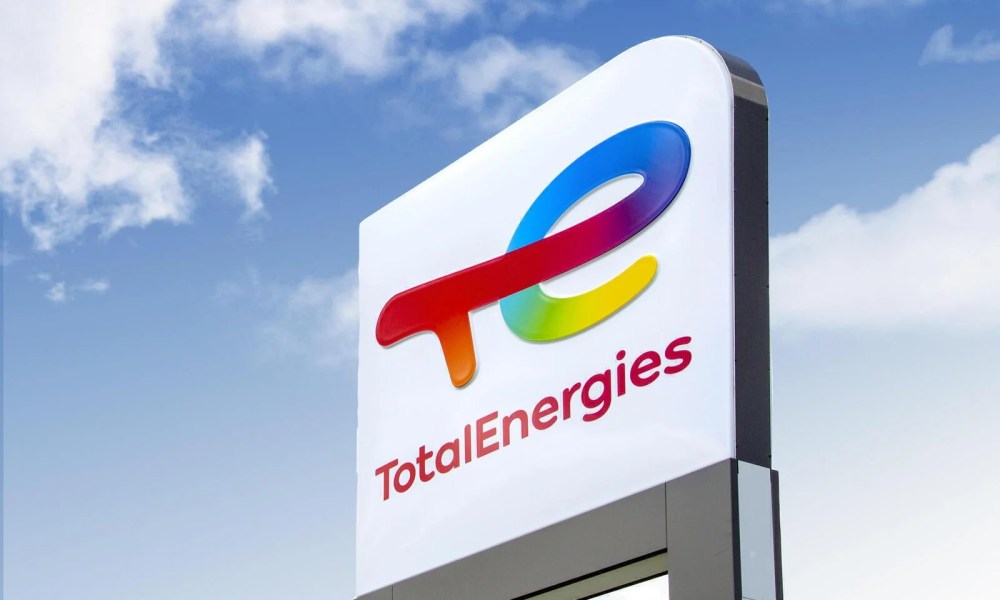
According to the Debt Management Office (DMO), Nigeria’s public debt reached N44.6 trillion in the third quarter (Q3) of 2022.
According to a statement posted on the DMO’s website on Friday, the figure released represents a 2.9 percent quarter-on-quarter decrease from the N42.84 trillion recorded in the second quarter of 2022.
According to the agency, the increase in public debt was caused by new borrowings by the federal government to help finance the deficit in the 2022 Appropriation Act, as well as new borrowings by sub-national governments.
According to DMO, the total public debt stock consists of N26.92 trillion in domestic debt and N17.5 trillion in external debt, with the country spending N1.17 trillion on debt in Q3’22.
The figure is N820.59 billion for domestic debt service and N356.92 billion ($801.23 million) for external debt service, according to the statement.
The statement is as follows: “Total public debt stock which comprises the total domestic and external debt stock of the federal government of Nigeria (FGN), all State Governments, and the Federal Capital Territory (FCT) stood at N44.06 trillion.
“In comparison, the total public debt figure as of June 30, 2022, was N42.84 trillion. The total domestic stock as of September 30, 2022, was N26.92 trillion while the total external debt stock as of September 30, 2022, was N17.15 trillion.
“The increase in the Debt Stock was largely due to New Borrowings by the Federal Government to part-finance the deficit in the 2022 Appropriation Act, as well as, New Borrowings by sub-nationals.”
In its International Debt Report, the World Bank stated that Nigeria spent $9.6 billion to service foreign debts over a 12-year period, from 2010 to 2021, adding that the country’s debt stock is not reflected in the economy.





